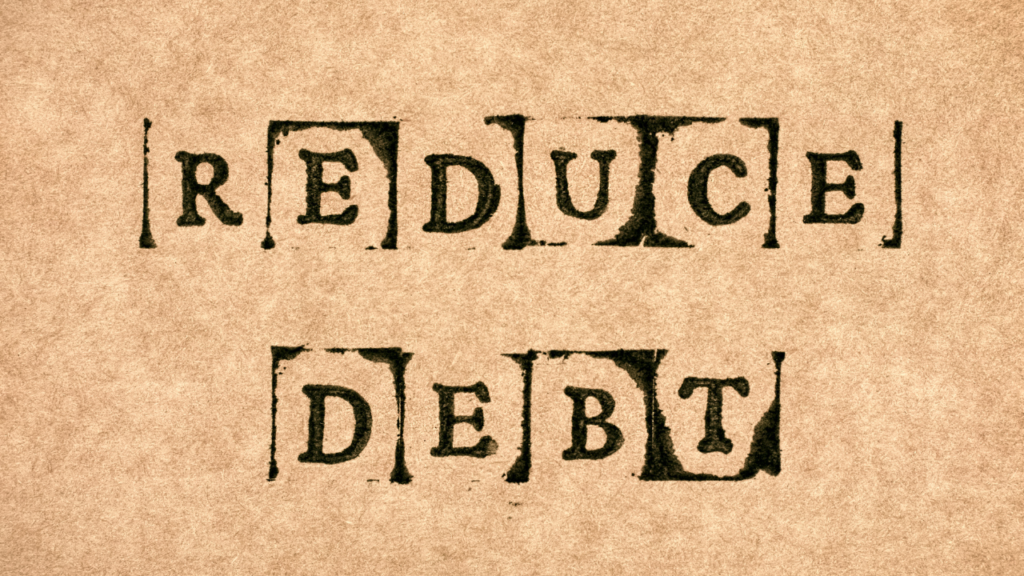
A financial windfall is any unexpected, abrupt inflow of money that exceeds your typical income. A windfall is any quantity of money that you did not expect to get. Unexpected wealth will surely have an influence on your lifestyle and objectives. Windfalls might help you pay bills or acquire assets, but they can also offer unexpected obstacles such as financial planning and envy.
Few scenarios of fairly substantial financial windfalls are:
- Receiving on a dear one’s life insurance policy
- Winning a contest or other competition.
- Receiving a large inheritance from a recently dead family member.
- Selling the stocks of multi-baggers that you had purchased at rock-bottom costs.
- Winning a case or settlements for a substantial sum of money.
- A one-time pension payment
- Selling your company.
It is not required for financial windfalls to be greater than life, as noted previously. Windfalls can also occur on a lesser scale. These might be a work bonus or a substantial tax refund.
The early phases of a financial windfall are quite stressful. It is difficult for your body and mind to accept the shift. Regardless of how much money you get, you run the danger of wasting it if you’re not careful with how you spend it. According to one research, an estimated 70% of persons who obtain a huge sum of unexpected money are unlikely to have any left within a few years.
So, notwithstanding the situations that give rise to a new source of income, it’s more crucial than ever to make solid monetary choices and prepare for it in order to be ready for the years ahead. That’s because large sums of money come with a slew of options, each of which has the ability to waste or invest the money, boost or diminish satisfaction, and strengthen or undermine social connections.
In this blog-post, I have tried to present some ideas that will assist you in handling any major financial windfall, with comfort and confidence.
Table of Contents
Ask for Professional Help
While having a large sum of money might relieve some of your tension, it can also cause other sorts of worry. Large sums of money are tough to handle, especially if you are inexperienced. It is critical to seek expert advice when dealing with a huge windfall. It may be advantageous to seek the advice of an expert in order to avoid making a mistake that might jeopardize your subsistence. Financial consultants, lawyers, and licensed public accountants can protect your financial holdings and help you understand complicated financial difficulties. An expert can also provide you impartial counsel regarding your finances.

A certified advisor has a legal commitment to serve in your best interests and may be able to maximize your benefit from investing the funds. The experts may assist in navigating investment possibilities, creating an estate plan, tax planning, and ensuring proper insurance coverage. Similarly, an auditor might assure state law conformity (nothing but your state’s local law) and timely submission of needed records both during and after the monetary windfall.
However, receivers should conduct thorough research on possible advisers because not all professionals are trustworthy. One of the most important pieces of advice that financial counsellors provide for windfalls is to locate a safe, logical method to deposit the wealth, which is often in preservation-oriented products like bank fixed deposits or government securities or other safe havens.
Pay your taxes
In most cases, the taxes will seek a cut of your financial gain. Greater the windfall, greater the tax cost. You will almost certainly have to pay income taxes. If your fortune came from the sale of shares or property, you will be obligated to pay taxes on capital gains.
Hence the most crucial step after a windfall is to pay your tax obligation. Tax evasion can result in the most severe penalties, such as fines or sometimes imprisonment.
Reduce your Debt
The term “put all your money to work” refers to more than just investment. Sometimes the smartest thing to do with newly inherited funds is to begin paying down debt. A windfall is an excellent chance to pay off debt, particularly credit cards, personal loans, medical expenses, and vehicle loans. Getting rid of your debt is like starting over economically. Each month, you have fewer commitments. Furthermore, the money you previously set aside for monthly loan repayments can now be put towards an emergency fund or for long-term investments.

You may save or invest the amount you might have paid in interest if you utilize your windfall to pay off your debt. It is preferable for you to earn a return than pay it to somebody else.
Protecting your assets by having clear goals
It is just as crucial to prepare how you will save your windfall as it is to anticipate how you will spend it. It’s critical to know what you want to accomplish with your financial windfall before meeting with possible counsellors. Don’t be afraid to tell your adviser what you intend to do with your money and other resources, from repaying debt to sponsoring a family member’s higher study or giving to some charity.
Prepare a list of your most important financial objectives. If feasible, arrange them in ascending order of significance. When you are able to engage in a dialogue that is unique to your goals, you will be capable of better controlling your windfall. There aren’t any right or wrong goals to pursue while dealing with a financial windfall. Nevertheless, keep in mind that you should save considerable of the amount while still making judicious spending sprees.
The objective should be to safeguard and grow assets for the benefit of both present and generations to come. It is also preferable to have a portfolio of investments that can offer a consistent source of income or the assets that will grow multi-fold in the long term.
Establish a Budget
It’s completely naïve to believe that a financial windfall equals the end of private budgeting and financial management. Many millionaires and billionaires have squandered their wealth as a result of consumerism, carelessness, and poor judgments. This is more common when riches are obtained through a financial windfall. Avoid the emotional impulse to splurge extravagantly after receiving a fortune. Put the funds in fixed deposits, government securities, or any other secure place. Then, decide what you want to accomplish with your unexpected cash.

Making a budget does not exclude you from enjoying your money. After you have set-off some of the windfall money to your investments or long term savings, you can then finally decide to spend on a new car, home, or dream trip, hence you may now feel less of a financial haze.
Invest for retirement
When you obtain a huge windfall, no matter your age, you should ensure that the amount should serve you in your golden years. When you get a windfall, focus on medium to long-term goals rather than short-term needs. By allowing compounding to perform its wonders, you may turn a one-time windfall into a long-term gain.
Almost 70% of Indians believe that they are or will be suffering with their retirement finances. A windfall might help you start or improve your retirement funds. There are several advantages to establishing a retirement savings right away. Furthermore, money in retirement accounts grows with time. Based on the rate of return of your account and your payments, you may retire with a sizable quantity of wealth without needing to work for it.
Engage with your financial adviser to ensure you’re taking advantage of all of your retirement accounts options and depositing in the best account types for your risk and investment profiles.
Do not quit your job
Generally, winners who exited their employment and lived a sedentary leisure lifestyle were less pleased than winners who committed their wealth to intellectual endeavors and other pleasurable activities such as travel, hobbies, and volunteering. According to academic research, the short- and long-term benefits on receivers’ satisfaction changed throughout time. Over time, how people pick to utilize their windfall has the largest influence on their overall satisfaction.

It’s undoubtedly enticing to quit your 9-to-5 work after a monetary windfall. However, keeping employment is a wise long-term strategy for preserving your windfall. There are a few reasons why you should not say goodbye to your day job. For beginners, it’s common to misjudge how much money you’d need to invest to replace your income. As per a cautious retirement-planning estimate, replacing a Rs. 6,00,000 yearly income eternally would need a nest egg of approximately Rs. 2 Crores. However, you must also consider inflation and other unforeseen needs in this estimate, so the nest egg will certainly need to be considerably larger than this.
In addition, when you leave your day job, your Social Security contributions such as pensions and provident funds will cease. If your assets suffer a slump, you may need to depend on Social Security payouts to compensate for financial losses.
Conclusion
It usually takes three to five years to wade through each of the challenges that come with unexpected affluence before windfall receivers feel more settled. It may not appear to be a big deal to make a significant amount of money. You need to have an open and honest conversation with your financial advisor, friends, and family about what is appropriate and what might work in the context of this financial windfall. When there is no strategy, everyone drinks from the same punch bowl, and hence the wealth in it starts to erode swiftly. Hence devise a viable financial strategy.
We must also guarantee that the strategy is long-lasting and satisfying to you. After all, it is essential to control and safeguard your cash sensibly with a solid plan. The same holds true when money appears apparently out of nowhere. Coping with a surprise windfall, requires more than just trying to make sure there’s adequate money. It is also important to ensure that the funds are utilized to make the receiver feel economically solvent. Otherwise, it’s just spending money simply for the purpose of spending money.
Check out my other blogpost on why we need an Emergency Fund and how to build it to secure ourselves from any potential future financial crisis.
Do Follow me on Linkedin and Quora for more informative posts on personal finance, investments, money management, debt management, and much more.





